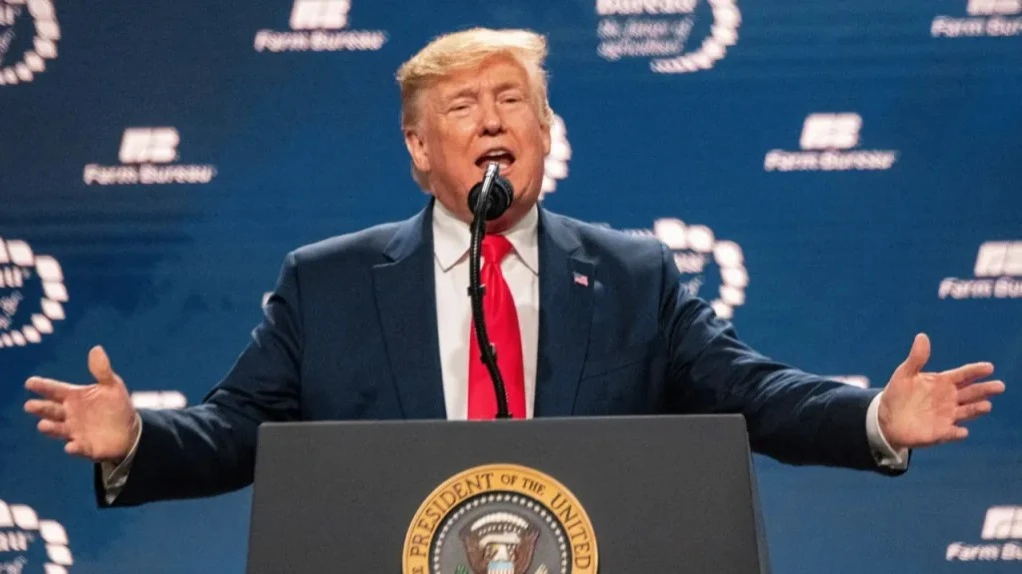Trump has begun paving the way for duties on robots and medical devices
The Trade Expansion Act allows the US president to impose duties bypassing Parliament

The administration of US President Donald Trump has launched investigations into imports of robotics, industrial equipment and medical devices. The US trade law allows the head of state to impose duties on goods critical to national security. Previously, Trump has already used this method to tighten the tariff policy on cars, steel and non-ferrous metals.
Details
The investigation into medical equipment reflects the Trump administration's concern about the U.S. dependence on imports of a wide range of medical consumables, including syringes, suture materials, catheters and gauze. In addition, Washington will analyze trade in personal protective equipment, such as gloves and Musks, which became ubiquitous during the COVID-19 pandemic, Bloomberg writes, citing state registry materials.
Wheelchairs, crutches and hospital beds could fall under the new duties, Reuters adds. According to the agency, the investigation also covers imports of pacemakers, insulin pumps, coronary stents, heart valves, hearing aids, prostheses, glucometers, CT scanners and MRI machines.
In terms of robotics and industrial machinery, the investigation will cover computer-controlled systems as well as machines commonly used in manufacturing such as milling machines, presses and stamping units.
What's the timeline
According to notices in the Federal Register, the investigations are being conducted by the U.S. Department of Commerce under Section 232 of the Trade Expansion Act. They began on September 2, but no information about them was published until recently. The law requires the department to submit its recommendations within 270 days.
Context
Imports of pharmaceuticals, semiconductors, airplanes, critical minerals, medium- and heavy-duty trucks and other goods into the U.S. are already under investigation, Bloomberg notes. Previously, the Trump administration used the Trade Expansion Act to impose duties on cars, steel, aluminum and copper to boost domestic production by making imports more expensive.
This article was AI-translated and verified by a human editor
